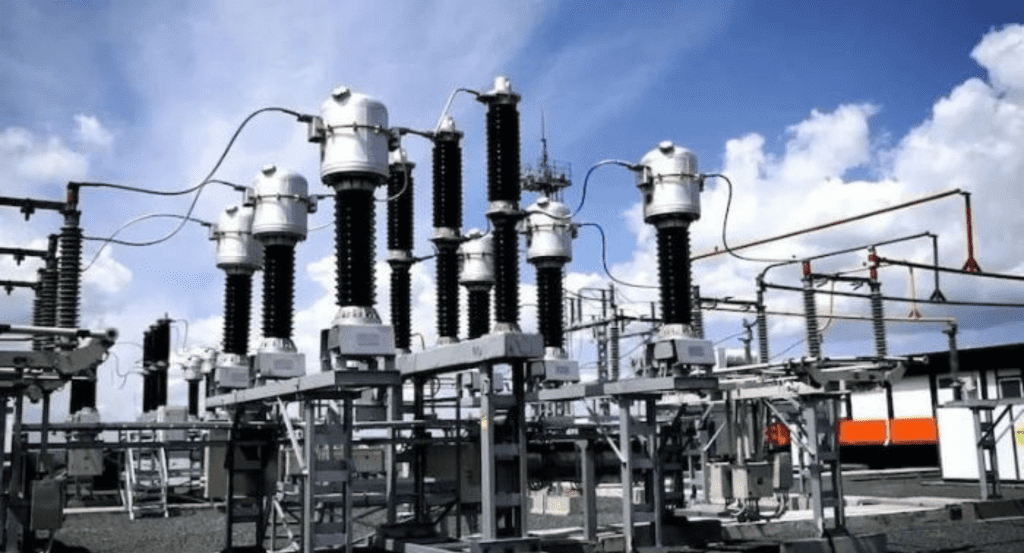Nigeria’s power sector is facing critical challenges, including stranded electricity capacity, mounting subsidy burdens, and inefficient payments to electricity generation companies (GenCos). These issues underscore the sector’s persistent struggle to deliver reliable and affordable power to Nigerians.
Recent reports reveal that over 2,000 megawatts (MW) of electricity remain stranded due to stalled Federal Government power projects and infrastructural constraints. Despite adequate generation capacity, the inability to evacuate and distribute power efficiently leaves this significant resource untapped. This inefficiency has further strained the country’s efforts to improve access to electricity.
The cost of subsidizing electricity has escalated, with Nigeria’s subsidy burden now totaling ₦2.4 trillion. This immense financial strain is unsustainable, according to experts, as it hampers investments in infrastructure development and reform in the power sector. The government’s attempt to maintain affordable tariffs for consumers has led to this subsidy challenge, further complicating the sector’s growth prospects.
Electricity Generation Companies (GenCos) have reported receiving less than 40% of their 2024 invoice payments, highlighting liquidity issues within the power market. The inability to meet financial obligations to GenCos disrupts their operations, leading to reduced efficiency in power generation and distribution.
The increasing tariff burden on Nigerians remains a contentious issue. Rising electricity costs, coupled with inadequate service delivery, have left many consumers dissatisfied. Stakeholders have urged the government to implement sustainable policies that balance affordability for consumers with profitability for operators in the sector.
Experts have called for comprehensive reforms to address the systemic inefficiencies in Nigeria’s power sector. From completing stalled projects to restructuring the subsidy system and improving payment mechanisms, these reforms are critical for achieving stable and sustainable electricity supply in the country.























